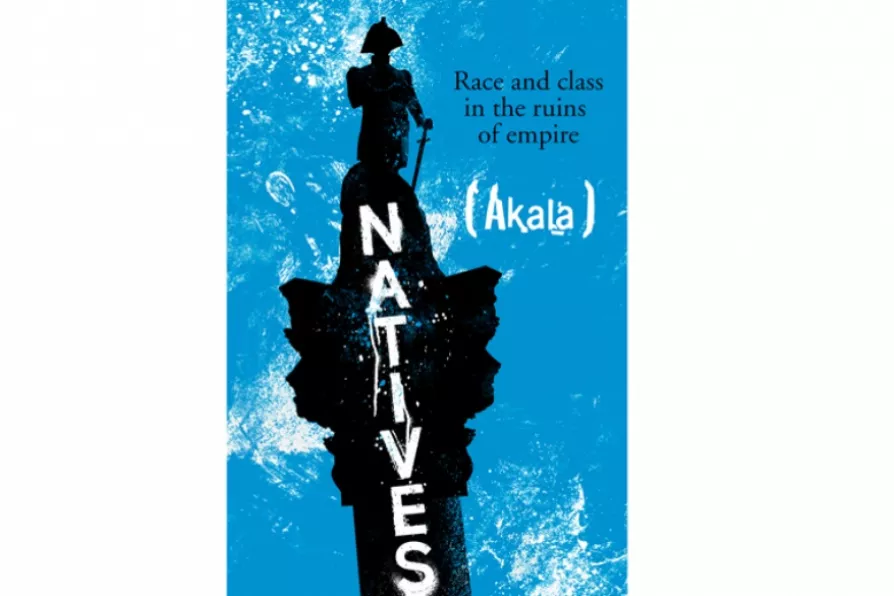Climate activist and writer JANE ROGERS introduces her new collection, Fire-ready, and examines the connection between life and fiction


Natives: Race and Class in the Ruins of Empire
by Akala
(Two Roads, £16.99)
KINGSLEE DALEY — more often known as Akala — is earning a reputation as one of Britain’s most important voices.
On top of touring the world, releasing hip-hop albums, making documentaries for the BBC, campaigning on a range of issues, appearing on Question Time and running the Hip-hop Shakespeare Company, he has just published his first book.

In a speech to the 12th Xiangshan Forum in Beijing, SEVIM DAGDELEN warns of a growing historical revisionism to whitewash Germany and Japan’s role in WWII as part of a return to a cold war strategy from the West — but multipolarity will win out

RONNIE KASRILS pays tribute to Ruth First, a fearless fighter against South African apartheid, in the centenary month of her birth












